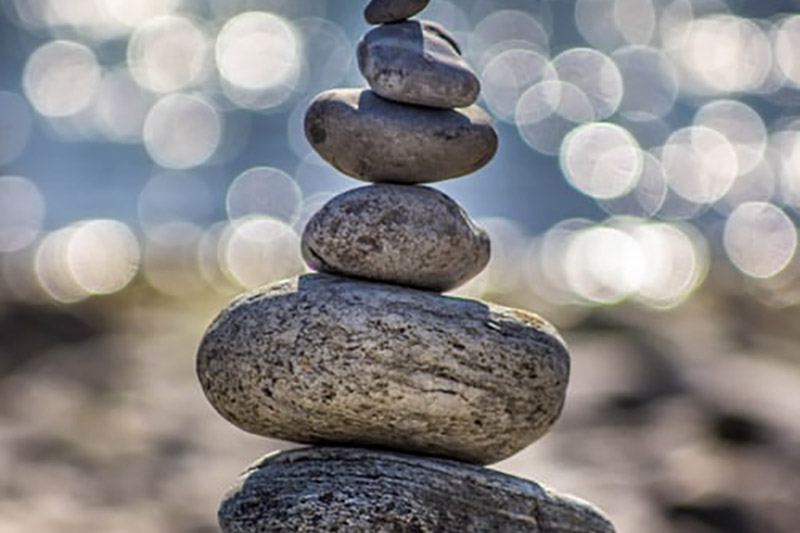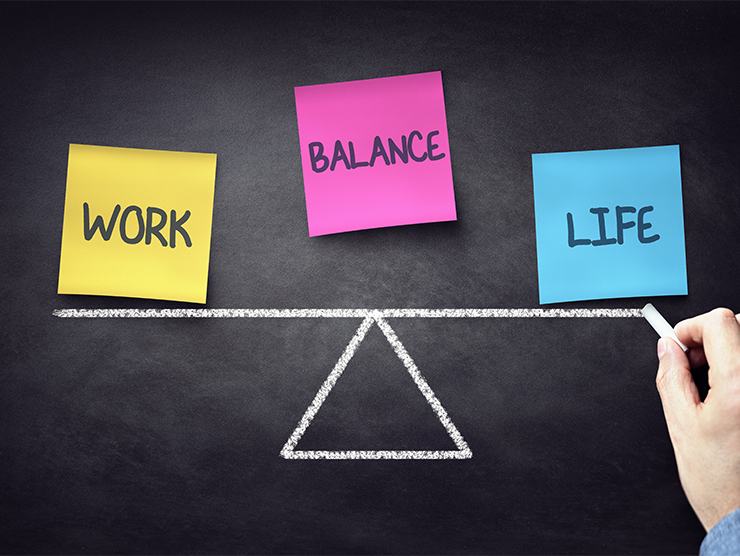We can’t expect to be in top shape — mentally and emotionally — at all times, just like we can’t expect the same for our physical health, either. Some degree of distress is normal (although unpleasant, and even frightening), but it can easily escalate.
Even before the pandemic, people were stressed, burnt out, sleep deprived, anxious, and even depressed. Fast-forward a few years, and we’ve hit an unprecedented mental health crisis.
It’s okay to not be okay, even at work. The key is to recognize when you’re beginning to suffer from emotional and mental distress and tap into scientifically proven strategies to prevent it, lessen it, and counter its performance-robbing effects.
Prevent Distress
This is key to maintaining your mental health. First things first — what exactly is mental health? The World Health Organization defines it as “a state of well-being, in which an individual realizes his or her own abilities, can cope with the normal stresses of life, can work productively, and is able to contribute to his or her community.” Let’s break this definition down into four skills that can help you prevent distress.
- Realize your own abilities: Reflect upon your gifts, talents, and strengths and seek to sync your work with your core competencies and capabilities. Take a moment each day to reflect on what you’re grateful for — focus on abundance rather than scarcity.
- Acknowledge the normal stresses of life: A great life is not a life free from stress. A little bit of stress is motivational; too much is paralyzing. Find your sweet spot or zone of optimal functioning (ZOF), a term used by elite athletes and entertainers.
- Contribute to your community: Give yourself a sense of meaning and purpose, and you’ll have less room for anxiety, depression, and anger. Plus, research shows that volunteering is great for your mental health.
Lessen Distress
Stress is normal and natural. A little bit — at the right time and in the right amount — may produce the focused energy you need to accomplish a task. But if you’re overwhelmed, the demands you’re feeling are likely greater than the resources available to meet them, which results in stress (see the equation below).
Demands (Internal, External) > Resources (Internal, External) = Stress
The key is to balance the equation — demands should be equal to resources. How? Try lowering the demands, especially those that are internal, like perfectionism. At the same time, amplify the resources, such as getting enough sleep, engaging in physical activity, putting things into perspective, and seeking support from others.
Demands (Internal, External) = Resources (Internal, External) = Stress
The ideal way to lessen stress (in most situations — remember, some stress is okay) is to make sure that your resources are greater than your demands.
Counter Its Performance-Robbing Effects
When faced with a stressful situation, pause to break the automatic fight, flight, or freeze reaction, and pause to respond. Victor Frankl, author of “Man’s Search for Meaning,” who was held captive in a concentration camp during World War II, offers great advice:
“Between stimulus and response there is a space. In that space is our power to choose our response. In our response lies our growth and freedom.”
Consider Frankl’s advice, take a look at the 3 Cs of hardiness (highlighted below), and put them into action.
- Control: Recognize what you can control and influence, rather than solely focusing on your victimhood, helplessness, and powerlessness.
- Challenge: View life events, even distressing ones, as challenges to overcome and lessons in the making.
- Commitment: Engage in a portfolio of tasks and areas of focus such that, if one area is in a state of distress, you can refocus your attention and energy into a relatively more thriving area.
Life will throw us curve balls. It will seem unfair at times, place us in positions where we may doubt ourselves, and make us feel as if we just have too much to do. We will experience loss; we will feel sad, nervous, anxious, and scared. Acknowledge that this is all just part of living, but so too are times when we connect with loved ones, experience flow or peak performance, and feel a sense of calm, joy, and excitement.
It’s okay not to be okay — and it’s okay to be okay. In fact, it’s okay to be more than okay…to thrive and live your life to the fullest. Get living now!
Interested in learning more? Revisit insights shared in our Mental Health @ Work webinar. Presented by William "Marty" Martin, PsyD, a professor of management with DePaul University’s Kellstadt Graduate School of Business in Chicago.





